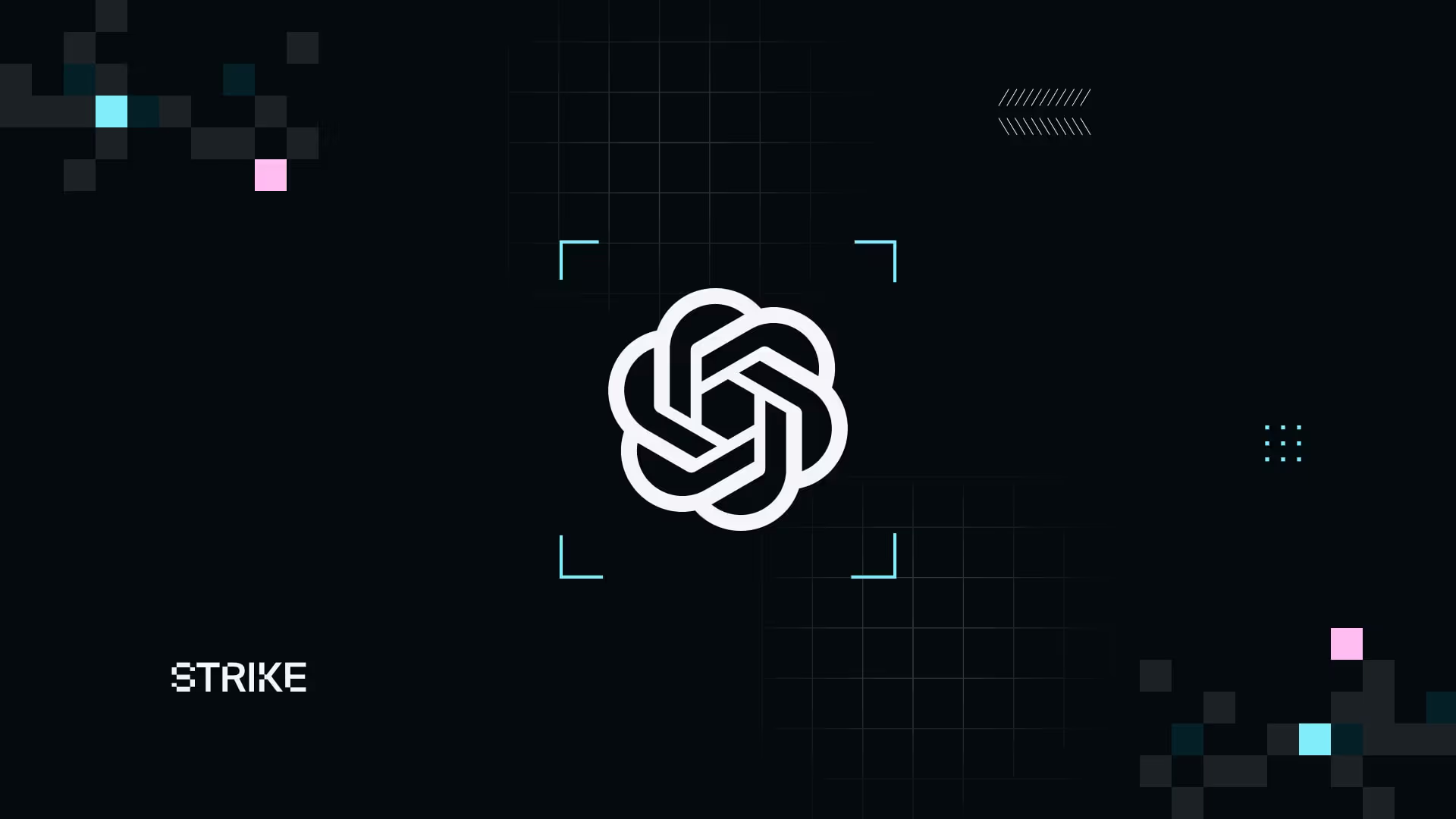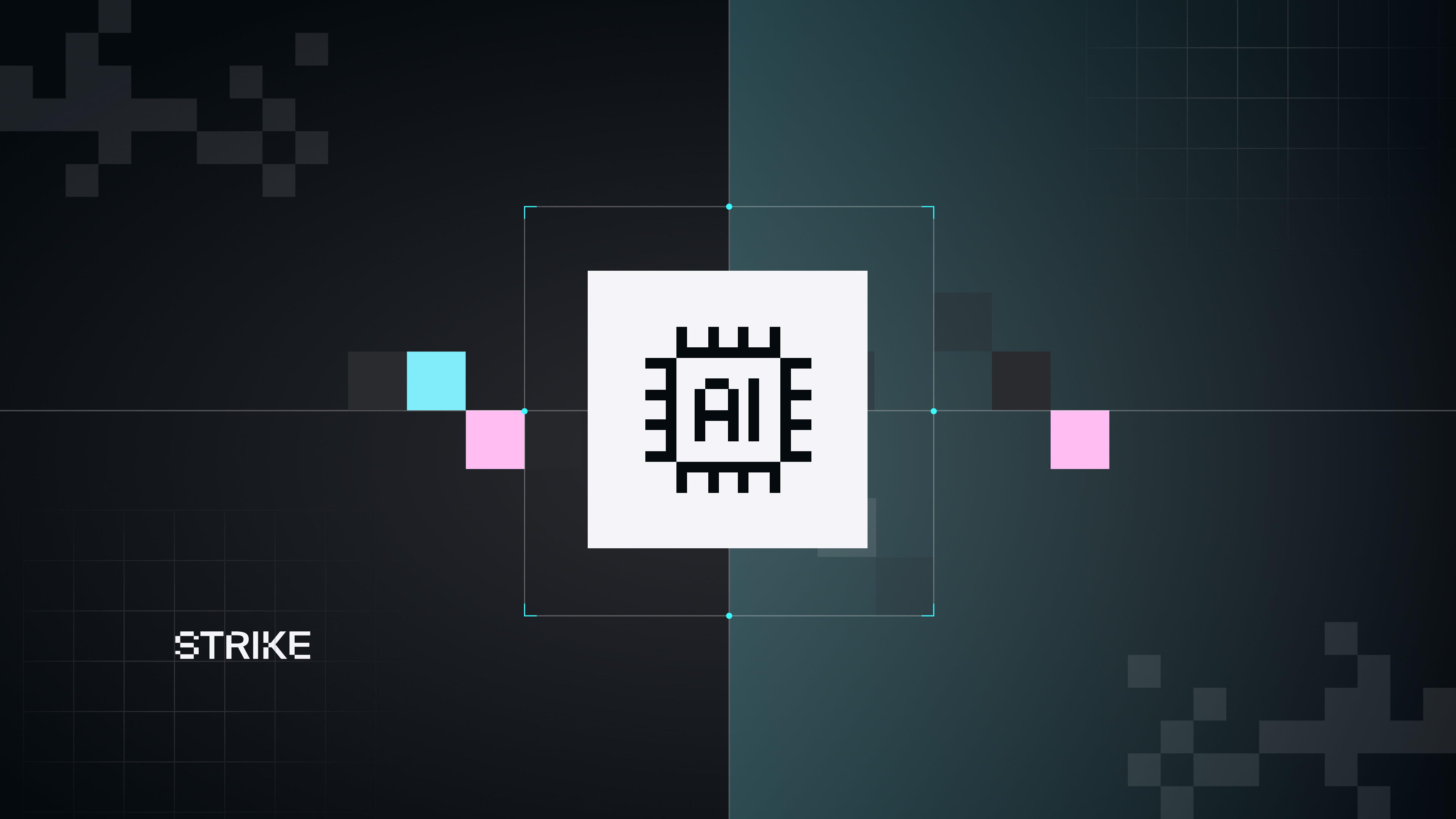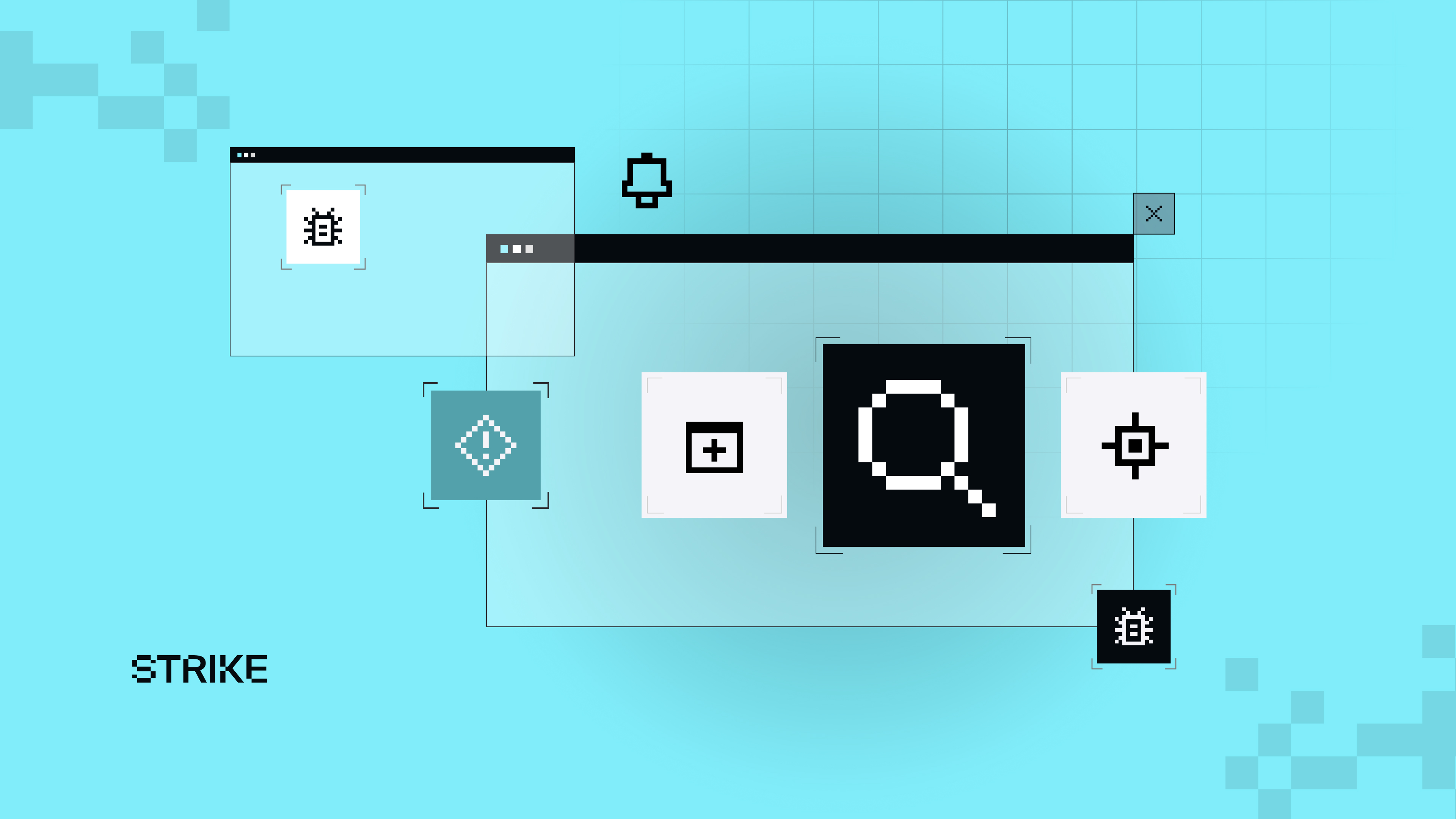Beyond automation: Why ChatGPT became a strategic ally for pentesters

Discover how ChatGPT is enhancing penetration testing workflows. From reconnaissance to report writing, AI is becoming a strategic ally for security professionals.
Penetration testing has always been a mix of skill, creativity, and deep technical expertise. But with the rise of AI-driven tools, security professionals are finding new ways to enhance their workflows. ChatGPT, initially seen as a general-purpose AI assistant, has quickly evolved into a valuable resource for pentesters—helping streamline research, automate repetitive tasks, and support critical decision-making.
While AI can’t replace human intuition, it has become a strategic ally, making pentesting more efficient and adaptive. Here’s how security teams are leveraging ChatGPT in their daily work.
1. Accelerating reconnaissance and information gathering
Reconnaissance is a fundamental phase in penetration testing, requiring extensive research to map out a target’s attack surface. ChatGPT assists pentesters by:
- Summarizing public information about a company’s infrastructure based on available sources.
- Suggesting OSINT (Open Source Intelligence) techniques and tools tailored to specific reconnaissance needs.
- Analyzing DNS records, IP ranges, and known vulnerabilities based on disclosed system details.
By reducing the time spent on manual searches, pentesters can focus on analyzing real security gaps instead of sifting through scattered data.
2. Writing and optimizing scripts faster
Many pentesters rely on custom scripts to automate specific testing scenarios. ChatGPT helps by:
- Generating Python, Bash, or PowerShell scripts based on specific testing requirements.
- Debugging code by identifying syntax errors or logic flaws.
- Refactoring and optimizing existing scripts to improve efficiency and readability.
Instead of starting from scratch, pentesters can use AI-assisted scripting to speed up development while maintaining control over execution.
3. Crafting exploit payloads and obfuscation techniques
Exploit development and payload crafting require creativity to bypass security defenses. While ChatGPT won’t generate harmful exploits, it can assist pentesters in:
- Understanding how certain vulnerabilities work by breaking down exploit techniques.
- Suggesting encoding and obfuscation strategies to test how security controls handle different payloads.
- Generating shellcode templates or syntax examples for safe testing in controlled environments.
By leveraging AI for these tasks, pentesters can fine-tune their attack simulations while ensuring ethical and responsible use.
4. Generating security reports with improved clarity
One of the most time-consuming parts of pentesting is writing detailed reports that explain findings, impact, and remediation steps. ChatGPT assists by:
- Structuring executive summaries and technical details in a clear, professional format.
- Rewriting complex explanations into more digestible insights for different audiences.
- Generating consistent templates for vulnerability descriptions and mitigation strategies.
This allows pentesters to focus on high-value analysis rather than spending hours formatting and refining reports.
5. Assisting in real-time collaboration and training
AI isn’t just a solo tool—it enhances collaboration across security teams by:
- Acting as a knowledge base for quick security references.
- Helping junior pentesters understand methodologies and common attack techniques.
- Supporting internal training with interactive Q&A-style learning.
Pentesters can use AI as a research companion, reducing friction when explaining concepts or troubleshooting challenges.
Mastering AI prompting for better results
The quality of ChatGPT’s responses depends heavily on how questions and requests are structured. Pentesters who refine their prompting techniques can extract more useful insights, generate precise code, and improve workflow efficiency. Instead of vague queries like "How do I perform reconnaissance?", a more effective approach would be: "List five OSINT tools for gathering subdomains, with their key features and best use cases." Similarly, when using ChatGPT for scripting, specifying the programming language, target environment, and expected output leads to more accurate results.
For those looking to improve their prompting skills, platforms like Awesome ChatGPT Prompts, security-focused AI forums, and even GitHub repositories with curated prompt libraries offer valuable examples tailored for technical use cases. By treating AI as an interactive research assistant rather than a simple answer generator, pentesters can maximize its potential while maintaining accuracy and relevance.
In conclusion
ChatGPT is not a replacement for human expertise, but it’s proving to be a valuable support tool for pentesters. From accelerating reconnaissance to improving report generation, AI enhances efficiency without compromising the need for human decision-making.
As AI continues to evolve, the key will be using it responsibly—leveraging its strengths while maintaining critical oversight. How has AI impacted your security workflows? Let’s discuss in the comments!






.avif)